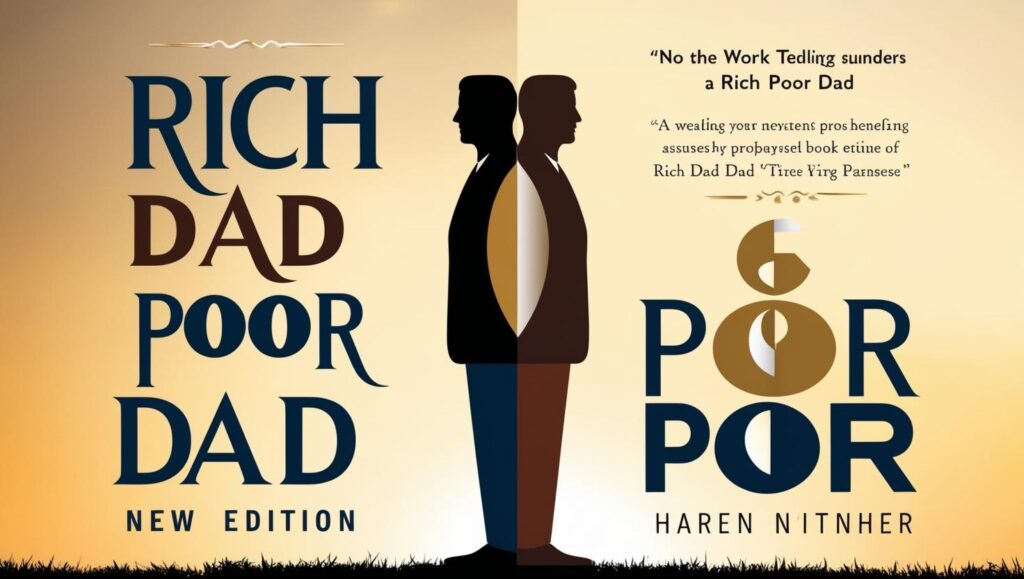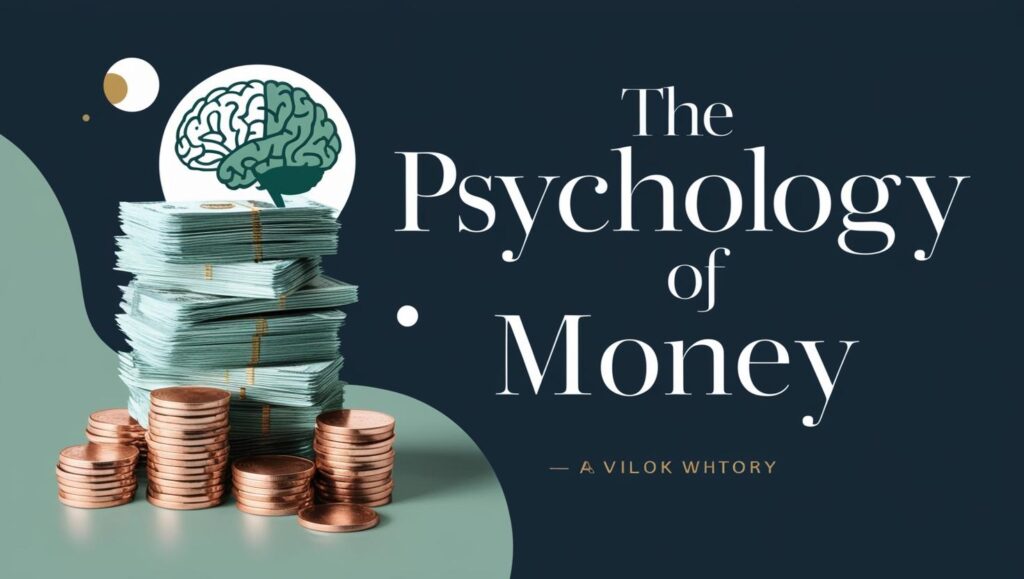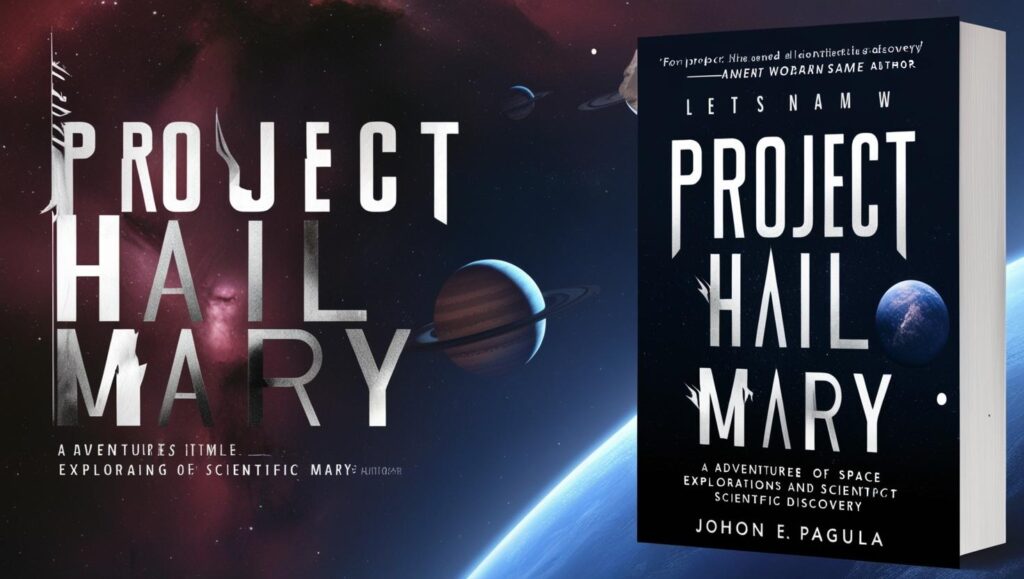Now Reading: The Name of the Wind – Patrick Rothfuss
-
01
The Name of the Wind – Patrick Rothfuss
The Name of the Wind – Patrick Rothfuss

“The Name of the Wind”: A Modern Fantasy Epic Where Legend Meets Humanity
Patrick Rothfuss’s debut novel, The Name of the Wind, redefines fantasy storytelling by blending myth, music, and the raw complexity of human ambition. Part of the Kingkiller Chronicle trilogy, this book has captivated millions with its lyrical prose and intricate world-building, earning praise as a “modern masterpiece” and sparking debates about its protagonist’s larger-than-life persona 89.
Key Elements of the Story
-
The Fallen Hero’s Tale
The story follows Kvothe, a red-haired prodigy turned infamous legend—magician, musician, thief, and assassin—who recounts his life to a chronicler in a remote inn. From his childhood in a traveling troupe to his time at the University studying arcane magic, Kvothe’s journey is marked by tragedy, obsession, and a quest for vengeance against the Chandrians, mysterious beings who slaughtered his family 58. -
The Chandrians: Myth and Menace
The Chandrians, cursed entities whose presence brings decay and ruin, serve as both antagonists and symbols of forbidden knowledge. Kvothe’s pursuit of their secrets drives much of the narrative, weaving folklore into a deeply personal vendetta 58. -
The University: A Crucible of Ambition
Kvothe’s time at the University—a hub of magical and intellectual rigor—is a highlight for many readers. His clashes with professors, rivalry with peers, and exploration of the Archives (a labyrinthine library) showcase Rothfuss’s knack for blending academia with adventure 89.
Why This Book Stands Out
-
Lyrical Prose and Narrative Depth
Rothfuss’s background in psychology, philosophy, and medieval studies infuses the story with rich detail. The prose is poetic yet accessible, with passages that linger long after reading. For example, Kvothe’s musical performances and his bond with the enigmatic Felurian are described with haunting beauty 89. -
A Protagonist Flawed Yet Fascinating
Kvothe’s brilliance and arrogance polarize readers. Some criticize his “Mary Sue” tendencies (e.g., mastering magic, music, and combat effortlessly), while others argue his flaws—recklessness, pride, and emotional vulnerability—make him compellingly human 9. -
Meta-Storytelling Structure
The framing device of Kvothe recounting his past to a scribe adds layers of irony. His self-mythologizing raises questions: Is he a hero, a liar, or both? This ambiguity invites readers to dissect truth from legend 8.
Audiobook Experience
The audiobook, narrated by Rupert Degas (British version) or Nick Podehl (American version), elevates the story. Degas’s performance, in particular, is lauded for its vocal range and emotional nuance, bringing characters like the enigmatic Bast and the fiery Devi to life. At 28 hours, it’s a immersive companion for long commutes 89.
Reception and Legacy
-
Critical Acclaim: Winner of the 2007 Quill Award (Fantasy/Sci-Fi category) and praised by authors like Ursula K. Le Guin. Fans liken it to Harry Potter for its magical academia but with darker, more mature themes 89.
-
Controversies: Critics note pacing issues and Kvothe’s “overpowered” traits, yet even skeptics admit its addictive quality. One reader quipped, “It’s like a beautifully written, self-aware fanfiction” 9.
-
Cultural Impact: The trilogy’s third installment, The Doors of Stone, remains highly anticipated, with fans dissecting clues from the first two books for over a decade 8.
Who Should Read (or Listen) to This Book?
-
Fantasy Lovers: For its intricate magic system (Sympathy, Naming) and mythic scope.
-
Music Enthusiasts: Kvothe’s lute-playing and songwriting are central to the plot.
-
Philosophy Nerds: Themes of truth, memory, and the cost of ambition resonate deeply.
Final Thought:
The Name of the Wind is more than a fantasy novel—it’s a meditation on storytelling itself. As Kvothe warns, “All stories are true… but this one happened exactly as I tell it.” Whether you embrace his tale or question it, Rothfuss ensures you’ll never forget it 89.
To dive into Kvothe’s world, consider the audiobook narrated by Rupert Degas for a masterclass in vocal storytelling 8.




























